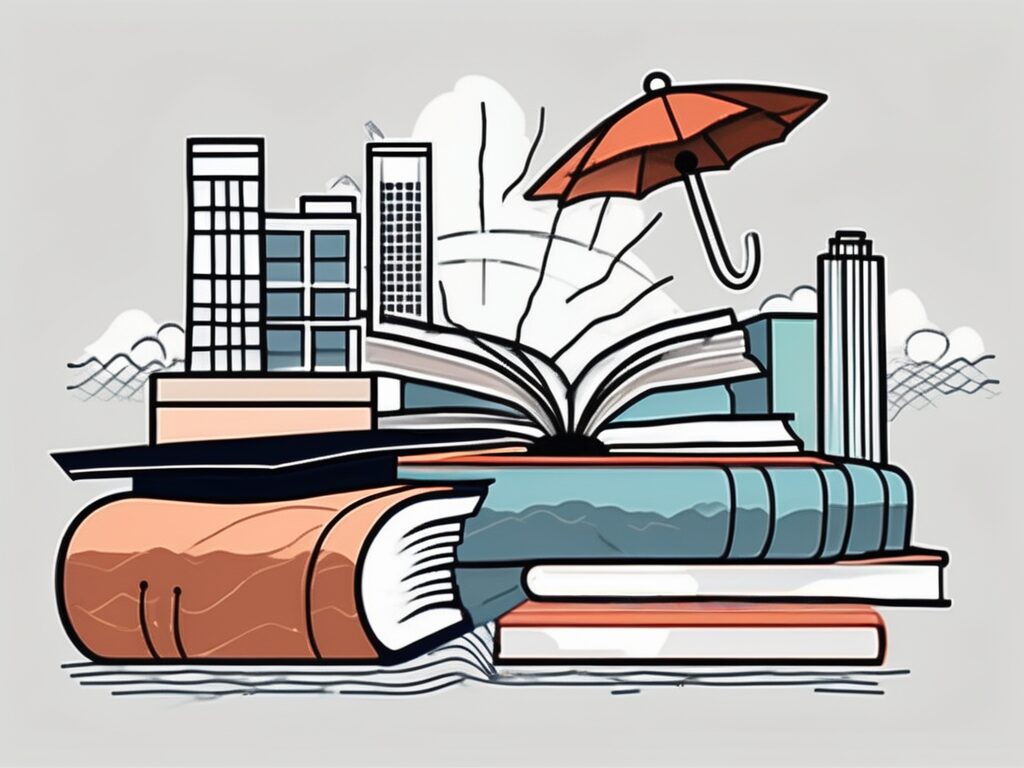html
Master’s in Education: 6 Essential Insights for Environmental Education in Dubai
As the world grapples with pressing environmental challenges, the role of education in fostering a sustainable future has never been more critical. In Dubai, a city known for its rapid development and commitment to innovation, the integration of environmental education into the curriculum is essential. This blog post will explore six essential insights for those pursuing a Master’s in Education, focusing on how educators can effectively teach environmental concepts in Dubai’s unique context. Whether you’re an aspiring teacher or an experienced educator looking to enhance your skills, these insights will provide valuable guidance.
1. Understanding the Importance of Environmental Education
Environmental education is not just about teaching students facts about nature; it’s about instilling a sense of responsibility towards the planet. In Dubai, where urbanisation and development often overshadow natural landscapes, it is crucial to educate students about sustainability and conservation. Research shows that students who receive comprehensive environmental education are more likely to engage in pro-environmental behaviours. This insight highlights the need for educators to incorporate environmental themes into their teaching practices.
2. Aligning Curriculum with Local Context
When pursuing a Master’s in Education with a focus on environmental education, it is vital to align the curriculum with the local context of Dubai. This means integrating local environmental issues, such as water scarcity, desertification, and biodiversity loss, into lesson plans. For instance, educators can use case studies from Dubai’s own initiatives, like the Dubai Clean Energy Strategy 2050, to illustrate the importance of sustainable practices. By making lessons relevant to students’ lives, educators can foster a deeper understanding and appreciation for their environment.
3. Engaging Students through Experiential Learning
Experiential learning is a powerful tool in environmental education. It allows students to engage with their surroundings and learn through direct experience. In Dubai, educators can organise field trips to local parks, nature reserves, or even urban farms to provide hands-on learning opportunities. Activities such as planting trees, participating in clean-up drives, or conducting water quality tests can significantly enhance students’ understanding of environmental issues. This approach not only makes learning more enjoyable but also encourages students to take an active role in their community.
4. Leveraging Technology for Environmental Education
In today’s digital age, technology plays a crucial role in education. For those pursuing a Master’s in Education, understanding how to leverage technology for environmental education is essential. Online platforms, interactive apps, and virtual reality experiences can bring environmental concepts to life. For example, educators can use simulation software to demonstrate the impact of climate change on local ecosystems. By incorporating technology into their teaching, educators can engage students in innovative ways and enhance their learning experience.
5. Collaborating with Local Organisations
Collaboration with local organisations can significantly enrich environmental education in Dubai. Many NGOs and community groups focus on sustainability and conservation efforts. By partnering with these organisations, educators can provide students with real-world insights and opportunities for involvement. For instance, collaborating with the Emirates Wildlife Society can offer students hands-on experiences in wildlife conservation. Such partnerships not only enhance the educational experience but also foster a sense of community and shared responsibility for the environment.
6. Continuous Professional Development
Finally, pursuing a Master’s in Education is just the beginning of an educator’s journey. Continuous professional development is essential for staying updated on the latest trends and research in environmental education. Educators should seek out workshops, conferences, and online courses that focus on sustainability and innovative teaching methods. By committing to lifelong learning, educators can enhance their skills and better prepare their students for the challenges of the future.
Conclusion
In conclusion, pursuing a Master’s in Education with a focus on environmental education in Dubai offers a unique opportunity to make a meaningful impact. By understanding the importance of environmental education, aligning the curriculum with local context, engaging students through experiential learning, leveraging technology, collaborating with local organisations, and committing to continuous professional development, educators can inspire the next generation to become stewards of the environment.
Empower Your Teaching Career with IPGCE
As we strive for a more inclusive education system in Malaysia, the role of qualified and well-trained educators becomes increasingly crucial. IPGCE is dedicated to supporting teachers in their professional journey, offering the International Postgraduate Certificate in Education (iPGCE) to enhance qualifications and open doors to international teaching opportunities. With our program, you can expect a significant increase in interview callbacks, promotion rates, and salary. Plus, you’ll join a global network of educators, gain a deeper understanding of international curricula, and enjoy the flexibility of online study. Don’t let inadequate credentials or isolation hold you back. Join the UK’s #1 Teacher Training Course today and take a decisive step towards a fulfilling career in inclusive education.
For more insights on education and sustainability, check out our related articles on The Importance of Sustainability in Education and Innovative Teaching Methods for the 21st Century.
Connect with us on LinkedIn to stay updated on the latest in education and sustainability!

